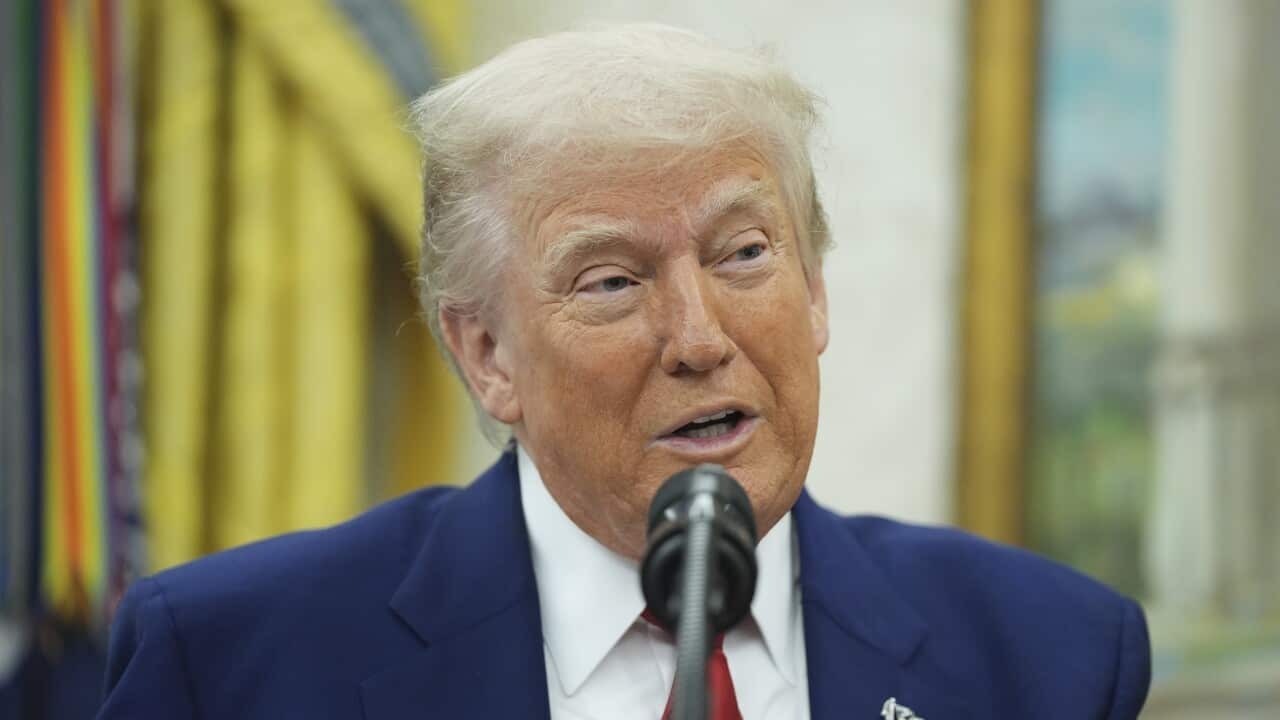A federal appeals court has reinstated the most sweeping of United States President Donald Trump's tariffs, a day after a trade court ruled Trump exceeded his authority in imposing the duties and ordered an immediate block on them.
An order from the US Court of Appeals for the Federal Circuit in Washington provided no opinion or reasoning but directed the plaintiffs in the case to respond by 5 June and the administration by 9 June.
The US Court of International Trade had threatened to kill or at least delay the imposition of Trump's "Liberation Day" tariffs on most US trading partners.
What was the trade court ruling?
The trade court found Trump had overstepped his authority by imposing across-the-board duties on imports from nations that sell more to the US than they buy.
The court said the US constitution gives Congress exclusive authority to regulate commerce with other countries which is not overridden by the president's emergency powers to safeguard the US economy.
The ruling came in a pair of lawsuits, one filed by the nonpartisan Liberty Justice Center on behalf of five small US businesses that import goods from countries targeted by the duties and the other by 13 US states.
Trump administration confident in tariffs
Senior Trump administration officials said they were undeterred by the trade court's ruling, saying they expected either to prevail on appeal or use other presidential powers to ensure they go into effect.
The White House also said the ruling had not interfered with any negotiations with top trading partners scheduled for the days ahead.
A fourth round of talks with Japan is scheduled for Friday in Washington, and a trade negotiating team from India will head to the US next week for further discussions.
How have financial markets responded?
Financial markets, which have fluctuated wildly in response to every twist and turn in Trump's trade war, reacted with cautious optimism to the trade court ruling. But gains in stocks were largely limited by expectations that the court's ruling faced a potentially lengthy appeals process.
Analysts said broad uncertainty remained regarding the future of Trump's tariffs, which have cost companies more than US$34 billion ($52.7 billion) in lost sales and higher costs, according to a Reuters analysis.
For the latest from SBS News, download our app and subscribe to our newsletter.

